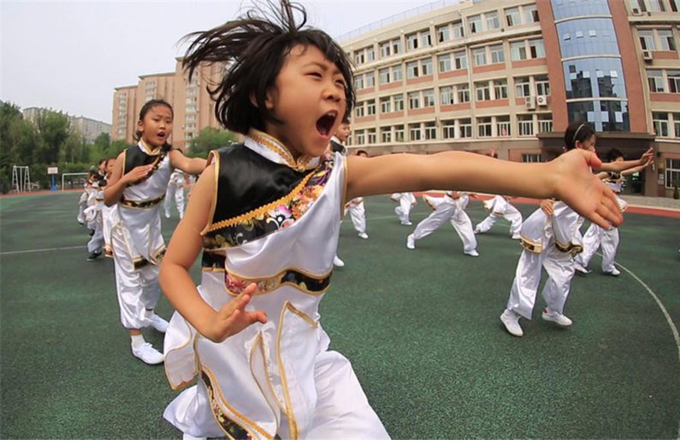Incentive measures to stimulate enthusiasm for innovation
Workers will receive shares and dividends for technical contributions to companies
An increasing number of employees will get additional rewards, such as shares and dividends, for their technical contributions in some State-owned enterprises and government-funded science projects, said the State Council, China's Cabinet.
The move, decided at a State Council executive meeting, presided over by Premier Li Keqiang on Wednesday, aimed to invigorate the enthusiasm and creativity of scientists and technicians to make technological innovations.
An incentive policy has been released to grant scientists and technicians shares, options and dividends while the country deepens reforms in the fund management of science projects endorsed by the central government, said a statement released after the meeting. The policy aims to further proceed with innovation-driven development as well as promote mass entrepreneurship and innovation.
The meeting also decided to work to expand the scale of the incentives for employees in technological SOEs. The income tax regime will be improved for those who are rewarded with equity incentives or stock shares for their technology.
From March last year, eligible State-owned technological enterprises could grant share and dividend incentives to their employees, after a notice was jointly released by the Ministry of Science and Technology and other two ministries in February last year.
Crucial technological staff members who have worked for these enterprises for at least three consecutive years can be rewarded with equities and stock shares, while no more than 15 percent of after-tax profit can be used as dividends to reward the employees, the notice said.
Difficulties will be sorted out in the next step to strengthen supervision and evaluations for such a policy, the statement said.
The meeting called to prioritize the country's technological plans, adopt fair and scientific review rules and allocate resources for science projects. The integration of economic growth with science and technology will be further boosted, the statement said.
"Recent years have seen such incentive measures being carried out. But many technologists said the effect was far from their expectations. They didn't have a strong sense of gain. What's the reason behind this, is it policy implementation or the timing of supportive measures? Relevant departments should carefully analyze to find out," the premier told officials at the executive meeting.
Wednesday's meeting was the central government's latest move to encourage technological innovations and increase welfare for scientists and technologists. On Tuesday last week, Li called to further delegate power to research institutions and universities, cultivating an inviting environment to spur the creativity of scientists and technologists when he inspected the Ministry of Science and Technology.
"Technological progress is fundamental to increasing economic growth and international competitiveness. However, most SOEs strictly control shares given to staff members, including technicians and researchers," said Huang Qunhui, director of the Institute of Industrial Economics of the Chinese Academy of Social Sciences.
The phenomenon also exists in research institutions where a large number of technicians are burdened by current fund management, which should be reformed to give them more autonomous power and financial gain, Huang added.
Scientists and technicians have applauded the central government's reiteration of the incentives. Cheng Ling, a 35-year-od researcher at an SOE in Hefei, Anhui province, said the incentives will encourage scientists and technicians to work harder in their own fields partly because of the potential benefits.
"For my fellow researchers, it's the same salary whether or not they can make any breakthrough achievements. When the incentive policy is 100 percent carried out, I believe many of them will exert more efforts," Cheng said.
"I've been to some enterprises that have innovative ways to reallocate incomes as their employees earn commissions from revenues and profits or stock shares by conducting customized and individualized productions," Li said at Wednesday's meeting. "These practices should be promoted punctually."



























